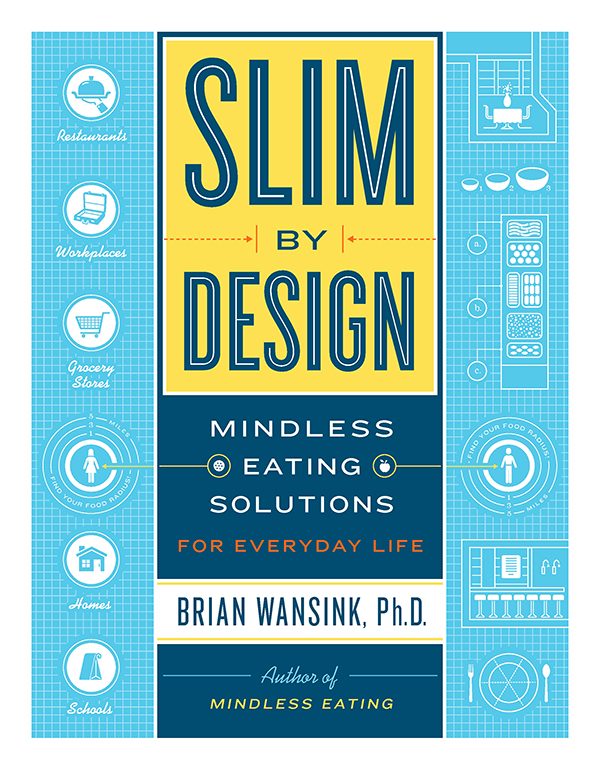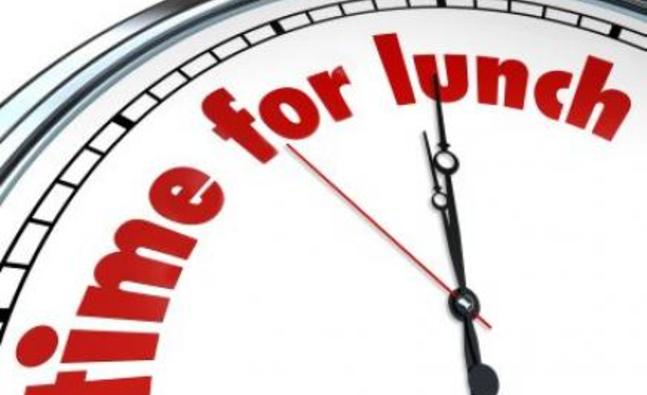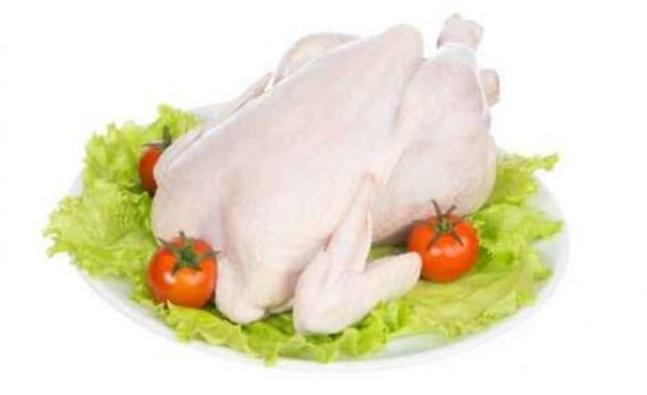4 Times to Outsmart Temptation
You probably know timing is everything when it comes to the stock market, booking airfare, and photobombing. It could make a big difference in your diet, too. A recent nationwide study that asked participants when they felt most likely to abandon their healthy eating habits found some interesting patterns among the 7,500 responses.
"Most of the time, people are very disciplined, but everyone has occasions when they let their guard down," says Vince Han, founder of Coach Alba, the interactive weight-loss coaching company that analyzed the results. One consistent finding of the study: Moments in which we're prone to dietary destruction tend to increase as the day continues. Read on to discover the four times you're most at risk for giving in and how to stay strong.
TEMPTATION TIME: Lunch
The likelihood of a midday feeding frenzy increases if you haven't eaten since the cup of coffee you called breakfast. A survey from Food Insight found that although 93 percent of Americans agree that breakfast is the most important meal, fewer than half eat it every day. "Many women skip breakfast because they think it's a good way to save calories or because they feel like they are hungrier all day long when they eat first thing in the morning," says Alyse Levine, R.D., a nutritionist in Los Angeles.
Stay-Strong Strategy: Even if you're not skipping breakfast, you may be skimping on what you need nutritionally to power through until lunch: namely, protein, which tends to be digested more slowly and therefore keeps you full for longer. According to an NPD Group survey, half of the top 10 foods Americans eat for breakfast contain no substantial amount of protein. Women who do load up on the nutrient at breakfast (about 20 to 40 grams) are less hungry throughout the morning and consume fewer calories during lunch, according to research presented at the Experimental Biology conference of the American Society for Nutrition.
Some suggestions from Levine for increasing your early-morning intake: Have your morning cereal with Greek yogurt, parfait-style; add protein powder or a tablespoon of nut butter to your smoothie; make oatmeal with nonfat milk instead of water and top it with a quarter cup of nuts.
If you don't have the time or desire to eat a lot first thing, have a healthy mid-morning snack (say, when your appetite feels like a 5 out of 10 on the hunger scale—not ravenous). Try a quarter cup of trail mix or one ounce of cheese on whole-wheat crackers.
TEMPTATION TIME: The Afternoon Lull
If you feel as though you hit a mental and physical wall every day between 2 and 6 p.m., you're not alone. A likely explanation: According to the National Sleep Foundation, your body experiences a natural dip in energy in the early afternoon (the time depends on your individual sleep habits). As the energy you got from lunch begins to wear off, you may start to feel restless and head to the fridge for a quick snack lift. Not so coincidentally, this may also be the first time you've left your desk since lunch (if you even left it then). "It may be more about needing a break than actually needing food," says Levine.
Stay-Strong Strategy: Learn to recognize the difference between true hunger and just a desire to recharge. When you have the urge to snack, pop over to a coworker's office for a chat first. If that doesn't distract you after five minutes, you may be in need of a nosh. Even then, Levine suggests a no-eating-at-your-desk rule. A study in the American Journal of Clinical Nutrition found that people who ate while multitasking at their computers felt less full afterward and later ate twice as many snacks as those who weren't distracted, because they "forgot" about the multitasking nosh.
TEMPTATION TIME: The After-Dinner Hour
You'd think that if there were a time you'd be free of cravings, it would be immediately after a meal, right? Not so fast: Study respondents said their urge to eat was actually greater post-dinner.
Of course, that urge generally isn't for another helping of broccoli. It's what researchers call "hedonic hunger," or pleasure-motivated eating that activates the body's chemical reward system, triggering the release of feel-good hormones that can make us want more of the high-fat and high-sugar items that caused that reaction.
Stay-Strong Strategy: In this case, you need to walk away—literally—from temptation. Researchers at the University of Exeter in England found that walking for just 15 minutes can seriously reduce cravings for chocolate (the number one gotta-have-it among women) and reduce actual consumption by 50 percent. What's more, the cravings were reduced not only during the walk but for 10 minutes afterward (giving you renewed willpower for almost 30 minutes, which could be enough to get you out of the danger zone).
"The crucial moments we identified in our study did tend to be short-term occurrences," says Han. So typically, if you can wait out a craving for, say, 10 minutes, it will most likely pass.
TEMPTATION TIME: Before Turning In
The siren call of leftover pizza or cake in the fridge during the wee hours is responsible for many a diet derailment, and sure enough, nearly one-fifth of the study's make-or-break moments occurred at night. Research published in the journal Obesity may help explain why: There's evidence that our body's internal clock may be programmed to crave sugary, salty, and starchy foods in the evenings around 8 p.m. One theory: This tendency helped our ancestors survive food scarcity by encouraging them to eat larger, more calorie-dense meals prior to sleep, a long fasting period. Now that a nighttime snack is only as far away as the kitchen, that urge is doing more to harm us than help us.
Stay-Strong Strategy: When people are trying to exert self-control, they're just as likely to default to a good habit as a bad one—as long as it's, well, actually a habit, according to the Journal of Personality and Social Psychology. So if the opening credits for Scandal automatically send you to the pantry for chips, try changing up your p.m. routine. Make a ritual of brewing a cup of tea or creating your own flavored water (just add citrus or cucumber slices). Or Han suggests brushing your teeth... with a mega-minty toothpaste. Gargling with mouthwash works too. Nothing sweet or salty tastes the same after you've doused your taste buds in "clean."
-
The Key Factor That Helps Women Maintain Weight Loss
Shedding weight isn’t usually viewed as a team effort. But a new study
-
Low-carb and high-fat diets explained
-
The perfect weight-loss pantry: Quickest, healthiest snack meals
-
Gross New Study Reports How Much Weight You Need to Lose for Others to Notice
After weeks and months of meal-prepping, healthy-recipe pinning, and s
-
How Your Workout Routine Needs to Change If You Decide You Want to Lose Weight
Were guessing theres a pretty good chance you hit the gym on the regul
-
20 FAT BURNING FOODS THAT CAN HELP YOU LOSE WEIGHT
Top 20 fat burning foods that can help you lose weight Just b
- DON'T MISS
- Tight, Toned Tummy Tips: I want it all, and I want it NOW
- 5 Habits that can help you lose weight
- Winter blues and weight loss
- Low-carb and high-fat diets explained
- 3 Amazing Juices for Weight Loss
- Tight, Toned Tummy Tips: Slow is the way to go
- Stay motivated if you need to lose weight
- Who is sabotaging your weight loss?
- Are you making this surprising diet mistake?
- The Common Habit That Can Lead to Weight Gain




